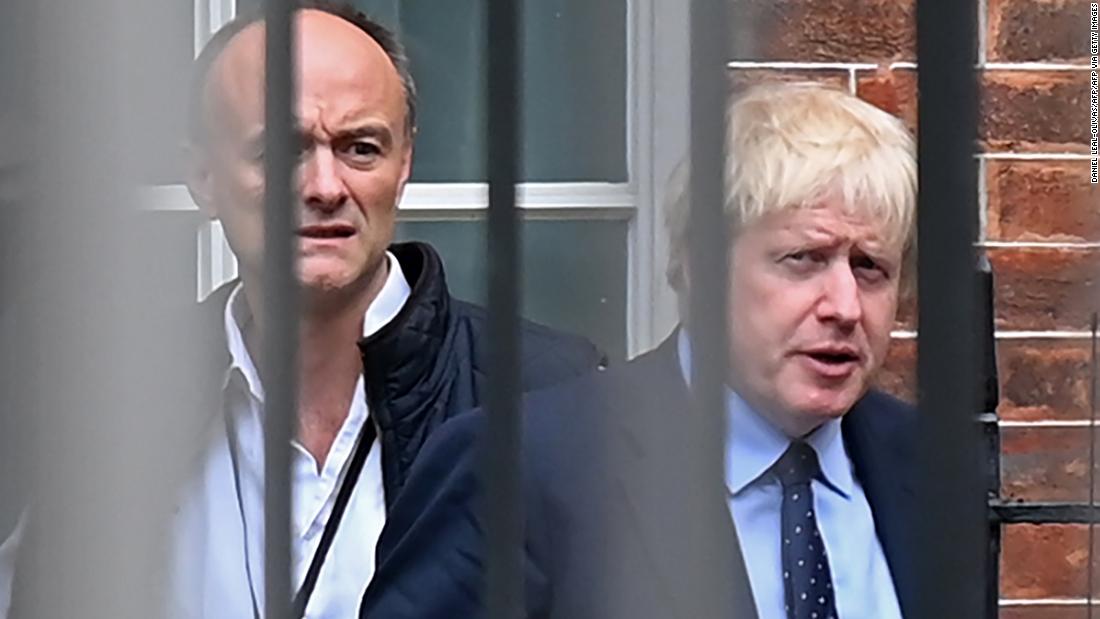Dominic Cummings, who quit his post in Downing Street last November, told a parliamentary committee on Wednesday that “when the public needed us most the government failed. And I’d like to say to all the families of those who died unnecessarily that I am sorry.” To date, more then 127,000 British citizens have died within 28 days of a positive Covid test.
Throughout his evidence, Cummings appeared eager to paint himself as being alert to the seriousness of the pandemic in January 2020, long before many others in government were taking it seriously. He claimed his former colleagues “failed to see the smoke” when Asian countries, notably Taiwan, hit the “panic button” around the turn of the year.
He said that senior government officials were occupied with other activities, be they professional or, in Cummings’ words, “literally skiing,” which meant the government was not on a “war footing” early enough.
Cummings claimed that Johnson believed coronavirus to be little more than a scare story and would say things like he wanted to have England’s chief medical officer “inject him with Covid” live on air to prove it was nothing to worry about.
Critics of Cummings have already questioned his legitimacy as a witness. During the period of time that his evidence concerns, he was arguably the most senior person working inside Downing Street, aside from Johnson.
He repeatedly won battles with other government officials, cementing his absolute authority as the most important person in Johnson’s inner circle. Johnson’s own affection for Cummings was well known. The Prime Minister had on more than one occasion called his former chief adviser a “genius” who he “loved” during private events at which CNN was present. During Cummings’ time in government, he would frequently attend press briefings and lurk at the back, watching his subordinates at work, much to their discomfort. Meanwhile, journalists would flock around a man who had come to be an almost mythical creature.
It’s therefore extremely unlikely that the views of Cummings were ignored or sidelined at the height of the pandemic.
It’s also worth noting that Cummings is discredited for other reasons, most notably the time he drove his wife and child hundreds of miles across the country during a national lockdown after coming down with Covid-like symptoms.
According to Ben Page of public research firm IPSOS Mori, “Cummings was the number one reason people gave when explaining why they broke lockdown restrictions. He is a very unpopular and discredited man.”
Also affecting the legitimacy of this evidence is that fact that Cummings quit his position in the midst of a factional battle at the heart of Downing Street that he and his allies are believed to have lost. This, critics have argued, could be the key motivating factor behind any attacks on Johnson’s inner circle that do not relate to the pandemic.






